Breeding birds struggle with wet 2016
15 Dec 2016 | No. 2016-43
Information collected by British Trust for Ornithology volunteers show that 2016 was a poor breeding season for many bird species, in part due to periods of heavy spring and summer rainfall. In a reversal of fortunes from last year, conditions were better for populations in northern England and Scotland than they were in the south.
The 2015-16 winter was the UK’s third warmest on record and results generated from survey work undertaken by British Trust for Ornithology volunteers indicate that these mild conditions, which extended over much of the northern hemisphere, benefited many species. "At the start of the breeding season, bird ringers taking part in the Constant Effort Site (CES) scheme recorded above average numbers for many of the songbirds nesting in scrub and woodland habitats, such as Wren, Robin and Song Thrush."
However, March and April brought cold, wet weather to much of the country, particularly in the southern half of Britain, resulting in a late start to the nesting season in these habitats. Carl Barimore, NRS Organiser noted that "The cool, damp spring delayed egg production for 12 species, including both residents and summer visitors, many laying their first egg over a week later than average. This delay was most obvious for those birds that typically start to nest in April, such as Great Tit, Chaffinch and Blackcap."
More heavy rain in June caused further problems for birds attempting to rear young. "Unsurprisingly, species nesting in wetlands were particularly badly affected", continues Carl. "Numbers of Reed Warbler and Reed Bunting fledglings fell by a third and a half respectively, largely due to nests being flooded out."
Many young birds leave the nest in June and the impact of unseasonable weather doesn’t end there. CES results show that the number of juvenile birds caught per adult in 2016 was significantly lower than average for 17 of the 24 species monitored. As Dave Leech, a Senior BTO Research Ecologist, notes "The figures recorded by ringers paint an even more negative picture of the 2016 season than those from BTO nest recorders. Adverse conditions immediately after fledging can really reduce the survival rates of the inexperienced young as they struggle to acclimatise to their new-found independence."
The situation did vary across Britain and Ireland, however. Dave continues: "In complete contrast to 2015, drier conditions in Scotland during spring and early summer led to a much more productive season in the north. This could be good news for Willow Warbler, a long-distance migrant that has declined by over 60% since the mid-1960s, a population crash that is increasingly thought to be linked to nesting success. Northern Britain is the species’ stronghold and it was the only one for which CES results showed a significant increase in breeding success during in 2016."
Notes for editors
- The BTO is the UK’s leading bird research organisation. Over 30,000 birdwatchers contribute to the BTO’s surveys. They collect information that forms the basis of conservation action in the UK. The BTO maintains a staff of 100 at its offices in Thetford, Stirling, Bangor (Wales) and Bangor (Northern Ireland), who analyse and publicise the results of project work. The BTO’s investigations are funded by government, industry and conservation organisations. www.bto.org
- The full set of 2016 preliminary results for the Nest Record Scheme (NRS) and Constant Effort Site ringing surveys can be found at www.bto.org/nrs-preresults2016 and www.bto.org/ces-preresults2016 respectively
- Under the BTO/JNCC Nest Record Scheme (NRS - http://www.bto.org/nrs), established in 1939, volunteer nest recorders gather vital information on the productivity of the UK’s birds, using simple, standardised techniques. Over 40,000 records, each detailing the contents of individual nests, are currently submitted each year, allowing long-term trends in breeding success to be produced for over 70 species.
- The Nest Record Scheme is funded by a partnership of the BTO and the JNCC (on behalf of: the Department of Agriculture, Environment and Rural Affairs, Northern Ireland, Natural Resources Wales, Natural England and Scottish Natural Heritage)
- The BTO/JNCC Constant Effort Sites (CES – http://www.bto.org/ces) scheme is the first national standardised ringing programme within the BTO Ringing Scheme and has been running since 1983. Volunteer ringers operate the same nets in the same locations over the same time period at regular intervals through the breeding season at approximately 140 sites throughout Britain and Ireland. The Scheme provides valuable trend information on abundance of adults and juveniles, productivity and also adult survival rates for 24 species of common songbird.
- The Constant Effort Sites scheme is funded by a partnership of the BTO, the JNCC (on behalf of: the Department of Agriculture, Environment and Rural Affairs, Northern Ireland, Natural Resources Wales, Natural England and Scottish Natural Heritage), The National Parks and Wildlife Service (Ireland) and the ringers themselves.
- NRS and CES data are analysed annually and the results are published in the BirdTrends Report (www.bto.org/birdtrends) along with information on species’ abundance obtained through other BTO monitoring schemes.
- The BTO is the UK’s leading bird research organisation. Over 30,000 birdwatchers contribute to the BTO’s surveys. They collect information that forms the basis of conservation action in the UK. The BTO maintains a staff of 100 at its offices in Thetford, Stirling, Bangor (Wales) and Bangor (Northern Ireland), who analyse and publicise the results of project work. The BTO’s investigations are funded by government, industry and conservation organisations. www.bto.org
- The Joint Nature Conservation Committee (JNCC) is the statutory adviser to the UK Government and devolved administrations on UK and international nature conservation. Its work contributes to maintaining and enriching biological diversity, conserving geological features and sustaining natural systems. www.jncc.gov.uk.
Contact Details
Paul Stancliffe
(BTO Media Manager)
Office: 01842 750050 (9am to 5.30pm)
Mobile: 07585 440910 (anytime)
Email: press [at] bto.org
Dr Dave Leech
(BTO Senior Ecologist)
Office: 01842 750050
(9am to 5.30pm)
Email: dave.leech [at] bto.org
Images are available for use alongside this News Release. Please contact images [at] bto.org quoting reference December 2016 - 43.
The BTO has an ISDN line available for radio interviews. Please contact us to book an interview. Office:01842 750050.

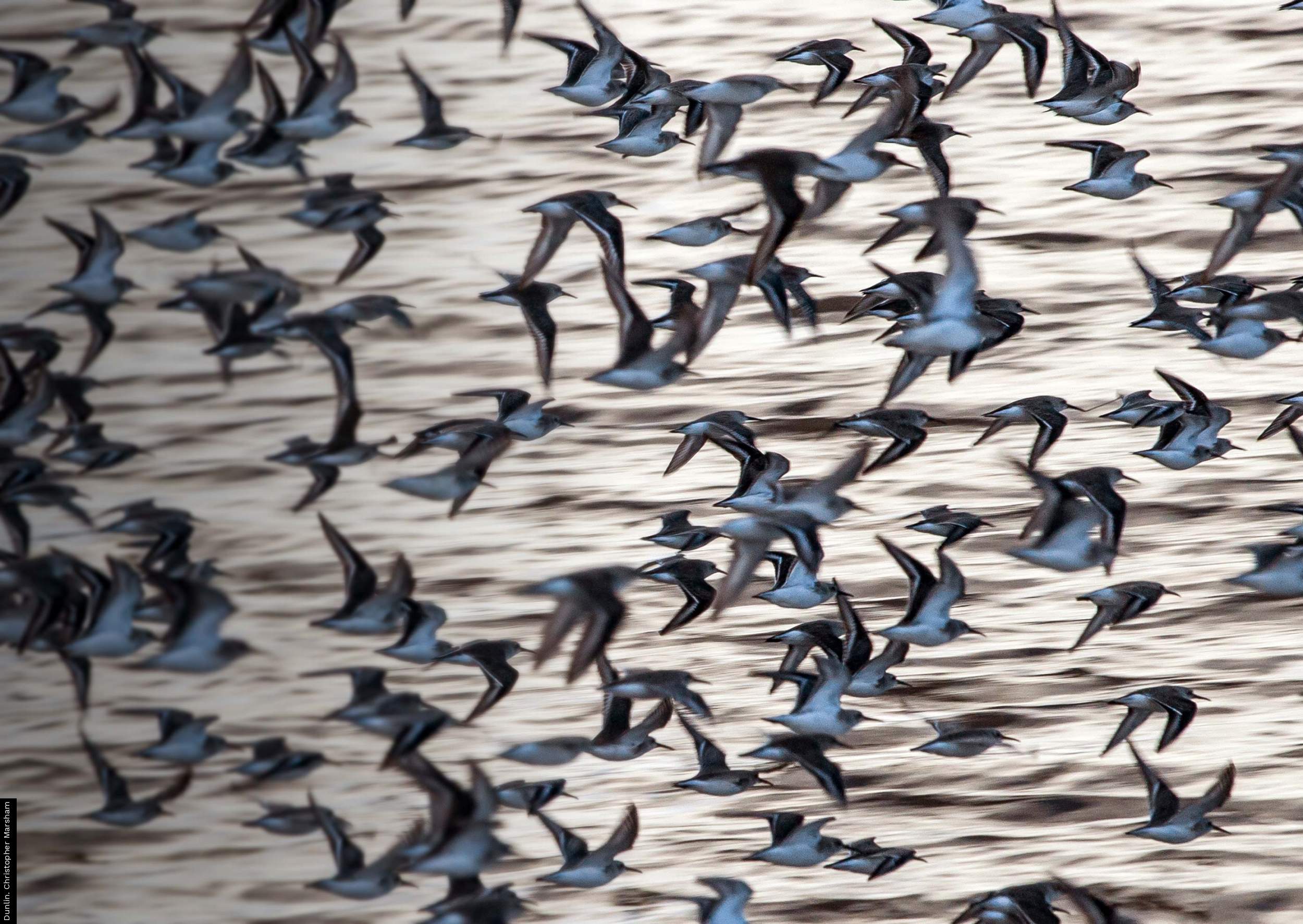
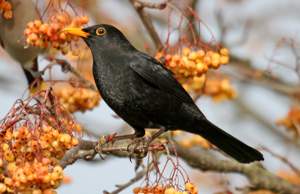
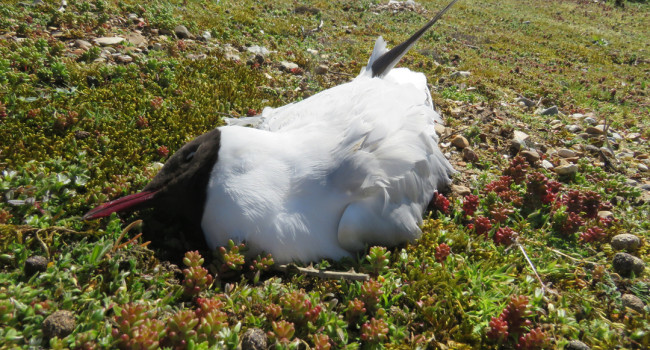
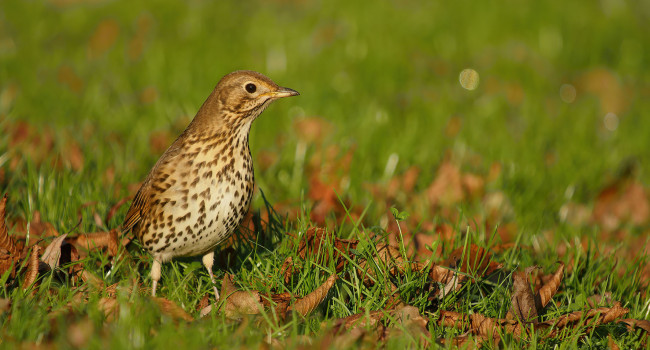
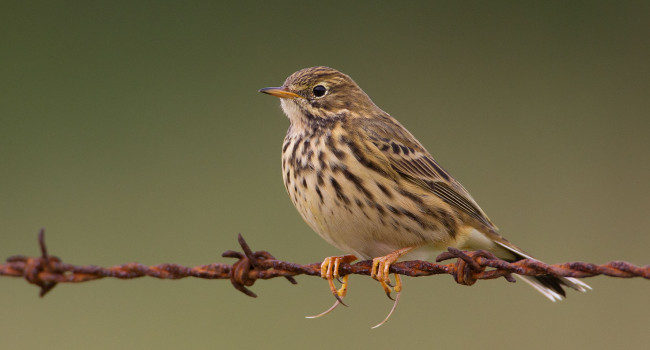

Share this page